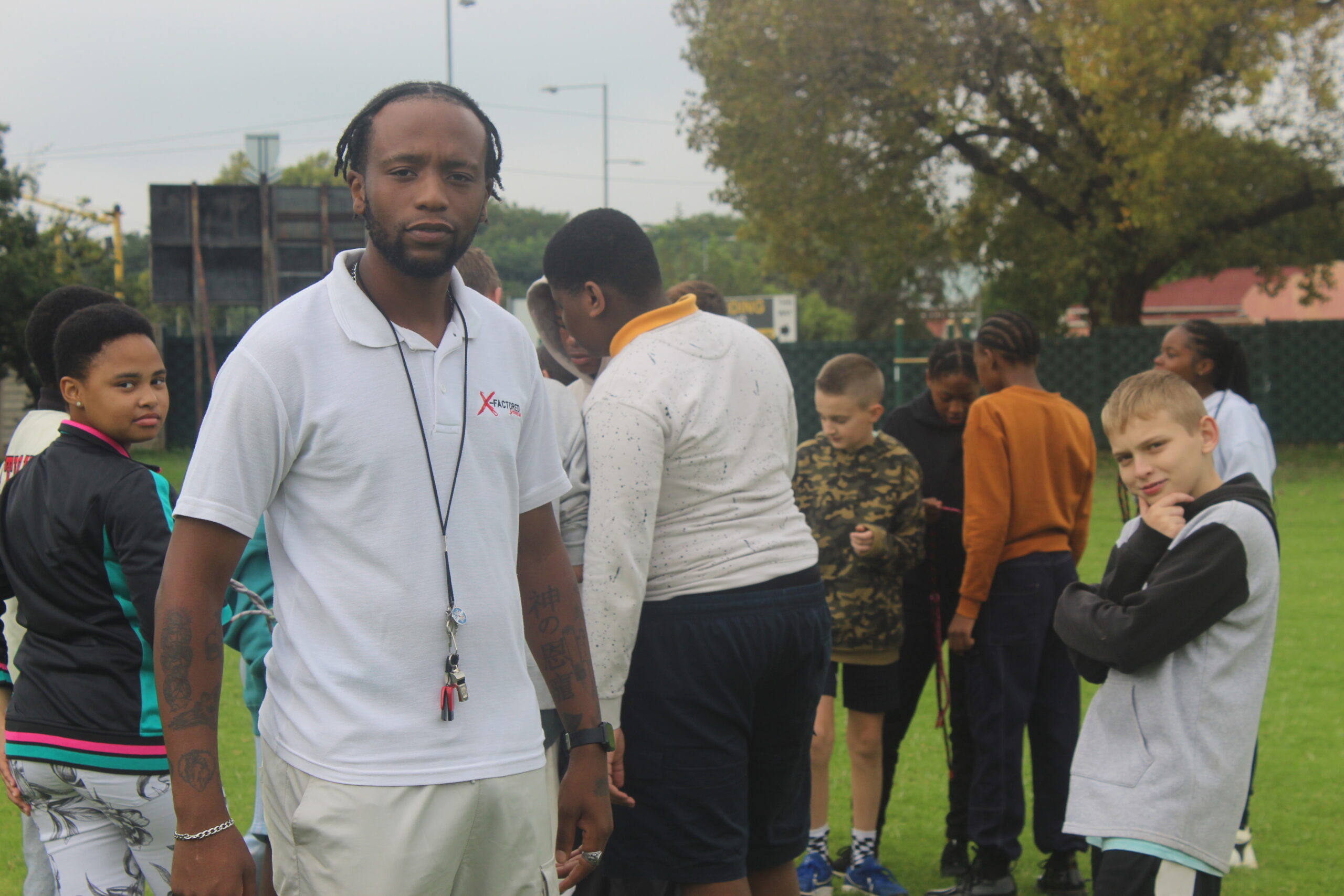As Africans—particularly within Black communities—we’ve often lacked a clear understanding of the differences between neurotypical and neurodivergent brains. This gap in knowledge has made it difficult for us to fully support ourselves and our children, especially those who experience the world differently due to neurodivergent conditions such as ADHD.
Recently, we had a powerful conversation with one of our facilitators, Sizwe Mlambo, who has been diagnosed with ADHD. Several of his reflections stood out to us, and we’d like to share our interpretation of his insights to help broaden the conversation around neurodiversity in African communities.
“In our community as Black people, or as parents who are new in suburban communities post-Apartheid, information about neurodiversity was very scarce.”
— Sizwe Mlambo
During Apartheid, withholding information was a deliberate tactic used to suppress the development of Black communities. Knowledge is power, and by keeping educational, medical, and psychological information out of reach, the system ensured that our people remained uninformed about critical topics—including neurodiversity.
As a result, many parents and grandparents were not equipped with the knowledge needed to understand their children’s unique ways of thinking, learning, and behaving. Terms like ADHD or autism were either unheard of or misunderstood. Instead of being supported, children who processed the world differently were often mislabeled, punished, or overlooked.
“I am really grateful and very lucky for having the parents that I did, who understood my superpower.”
— Sizwe Mlambo
Once information becomes accessible, it’s up to us to use it meaningfully. Sizwe’s parents made a conscious effort to educate themselves about ADHD. They saw past the stigma and chose to understand their son’s behavior through the lens of science, psychology, and love.
By doing so, they were able to find healthy ways to help Sizwe manage his energy, focus his mind, and embrace his unique strengths. His story is a powerful reminder that knowledge, when paired with empathy, can radically transform lives.
Challenging the “Naughty Child” Label
In many Black households, children who show signs of ADHD are often mislabeled as “naughty,” “disobedient,” or “rebellious.” These harmful labels stem from a lack of awareness—not from bad parenting, but from generations being denied access to the right information.
When we don’t take the time to understand our children, they grow up feeling misunderstood, misplaced, and excluded from the very communities that should be nurturing them. If we want to break this cycle, we must prioritize learning—about ourselves, about our children, and about the many ways our brains can work.
“As Black people, this [neurodivergence] is very new and not seen as an immediate need—because of poverty.”
— Sizwe Mlambo
For many families still grappling with the long-term effects of poverty, survival has understandably been the priority. When you’re focused on putting food on the table and keeping a roof over your head, exploring topics like mental health or brain function can feel like a luxury.
But here’s the truth: our children’s mental and emotional well-being is not a luxury—it’s a necessity. Understanding neurodivergence isn’t only for the privileged. It’s essential knowledge that every parent, teacher, and caregiver deserves access to—regardless of socioeconomic status.
We must work collectively to unlearn harmful assumptions and embrace new ways of understanding the young minds we’re raising. Neurodivergent children aren’t broken—they’re different. And different doesn’t mean less.
Let’s commit to creating spaces of learning, empathy, and support—so that our children can grow up knowing they are seen, heard, and understood.
If you’re interested in learning more, we recommend this insightful video on ADHD:
▶️ Watch here
If you wish to be part of community that embraces neurodiversity or wish to get information in behalf of someone else visit us through these platforms:
Instagram, Facebook and Youtube or Email us
BECOME AN X-FACTORED YOUTH MEMBER: R9.99 monthly subscription
CONNECT:
Instagram – x_factoredyouthza
Facebook – x-factored youth
Website – www.x-factoredyouth.co.za / x-factoredyouth.com
Email: Bliss@x-factoredyouth.co.za
WhatsApp Line: +27 81 499 9529

Leave a Reply